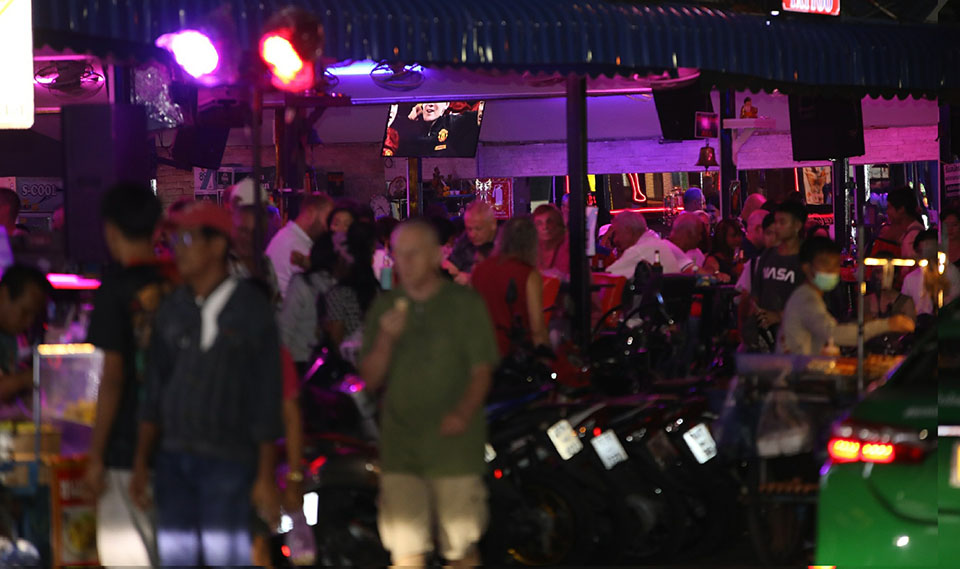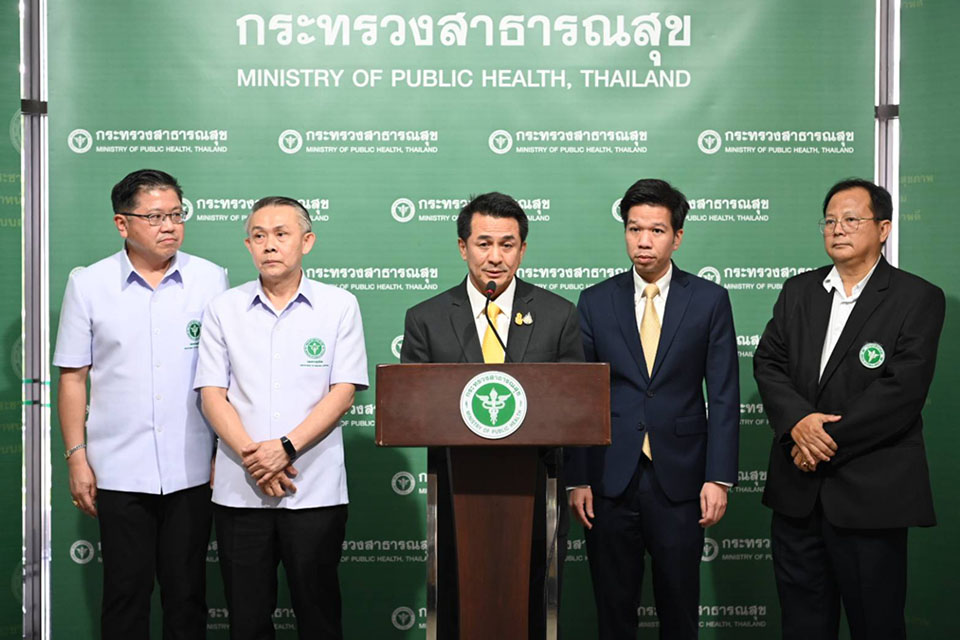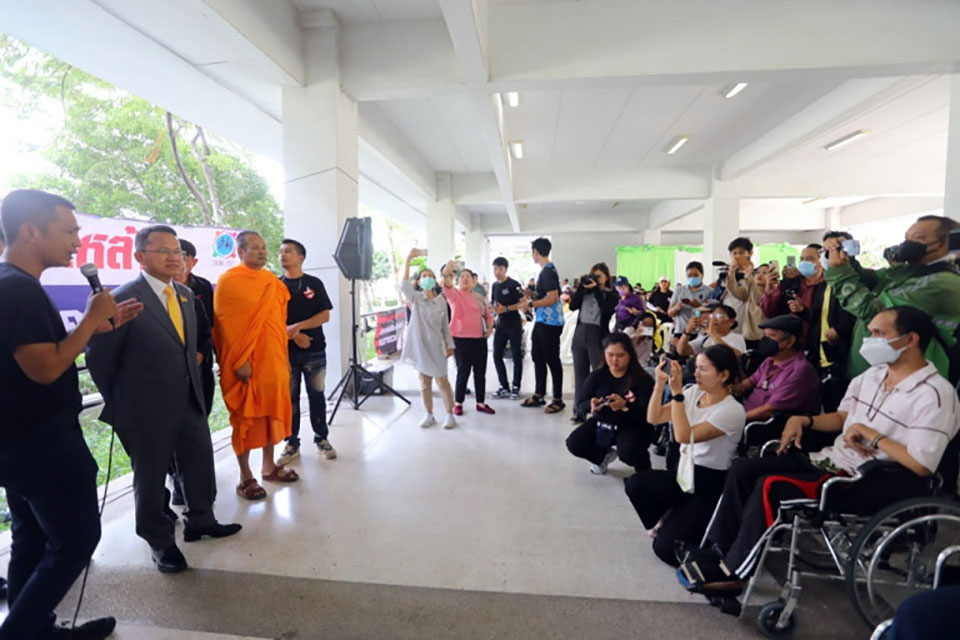
The National Alcoholic Beverage Policy Committee has rejected a proposal from the Thai Alcohol Beverage Business Association to extend alcohol sales hours from 2 p.m. to 5 p.m. The association had suggested removing these restrictions to boost tourism by offering more lenient alcohol sale times.
Currently, alcohol sales are confined to two periods daily: 11 a.m. to 2 p.m. and 5 p.m. to midnight, a measure intended to maintain public order and safety. Public Health Minister Dr Cholnan Srikaew stated that extending sales hours would conflict with existing legislation, including the 2008 Alcoholic Beverage Control Act and the 1966 Entertainment Places Act, which also regulates the operational hours of venues selling alcohol.
Noting the lack of comprehensive data on the economic, social, health, and road safety impacts of such an extension, the committee called for the formation of a special committee to conduct an in-depth study. This includes an analysis of areas currently experimenting with 4 a.m. closing times for entertainment venues, such as Bangkok, Chonburi, Chiang Mai, Phuket, and Koh Samui, to assess the potential benefits and drawbacks systematically.
The committee, meanwhile, approved a study to explore the creation of a fund dedicated to the treatment and rehabilitation of individuals addicted to alcohol. The current ban on alcohol sales from 2 p.m. to 5 p.m. remains in effect across Thailand, with exceptions for international airports and certain other regulated establishments. (NNT)











